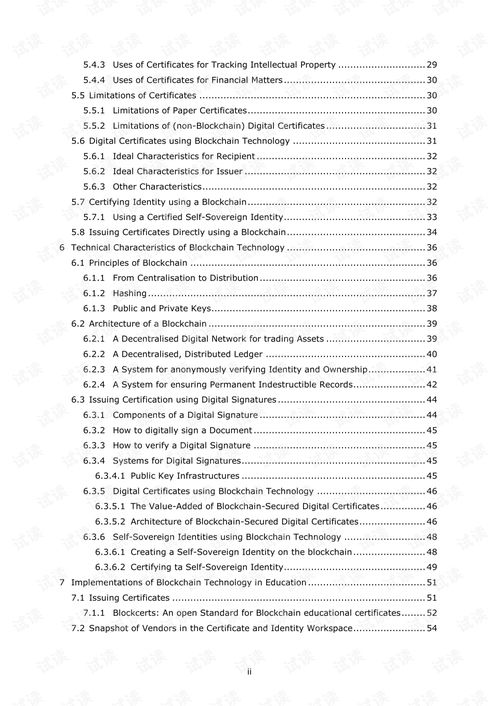Introduction to Blockchain Applications in the United States
Blockchain technology has revolutionized various industries, and the United States has been at the forefront of adopting and leveraging this innovative technology. This guide will provide an overview of blockchain applications in the U.S., highlighting key sectors and regulatory considerations.
Key Sectors Utilizing Blockchain Technology in the U.S.

1. Financial Industry

The financial sector has been one of the earliest adopters of blockchain technology in the United States. Banks, payment processors, and fintech companies are leveraging blockchain to enhance security, streamline transactions, and reduce costs. Cryptocurrencies like Bitcoin and Ethereum have gained significant traction, and blockchain-based payment systems are becoming increasingly popular.
2. Healthcare

Blockchain technology is being used in the healthcare industry to improve patient data security, streamline administrative processes, and enhance interoperability between different healthcare providers. By utilizing blockchain, healthcare organizations can ensure the integrity and confidentiality of patient records, reduce fraud, and improve overall efficiency.
3. Real Estate

The real estate industry is exploring blockchain to streamline property transactions, reduce fraud, and enhance transparency. Blockchain-based smart contracts can automate the buying and selling process, eliminate the need for intermediaries, and provide a secure, immutable record of transactions.
4. Supply Chain Management

Blockchain technology is being used in supply chain management to improve transparency, traceability, and efficiency. By utilizing blockchain, companies can track the movement of goods from production to delivery, ensuring the authenticity and quality of products. This has significant implications for food safety, pharmaceuticals, and other industries.
5. Voting Systems

Blockchain technology is being explored as a potential solution to improve the security and integrity of voting systems in the United States. By utilizing blockchain, election officials can ensure that votes are cast securely and accurately, reducing the risk of fraud and tampering.
Regulatory Considerations for Blockchain Applications in the U.S.

1. Cryptocurrency Regulation

The U.S. government has implemented various regulations to govern the cryptocurrency market. The Securities and Exchange Commission (SEC) and the Commodity Futures Trading Commission (CFTC) are responsible for regulating cryptocurrencies and initial coin offerings (ICOs). These regulations aim to protect investors and ensure compliance with anti-money laundering (AML) and know-your-customer (KYC) requirements.
2. Blockchain and Smart Contracts

The U.S. government is still in the process of developing regulations for blockchain-based smart contracts. However, some states have already implemented laws to govern the use of smart contracts in various industries, such as real estate and healthcare.
3. Data Privacy and Security

Blockchain technology can enhance data privacy and security, but it is crucial to ensure compliance with existing data protection laws. The U.S. government has implemented various regulations, such as the Health Insurance Portability and Accountability Act (HIPAA) and the General Data Protection Regulation (GDPR), to protect sensitive information.
Conclusion

Blockchain technology has the potential to transform various industries in the United States. By understanding the key sectors utilizing blockchain and the regulatory considerations, businesses and individuals can leverage this innovative technology to improve efficiency, security, and transparency. As the U.S. government continues to develop regulations, it is essential to stay informed and adapt to the evolving landscape of blockchain applications.
